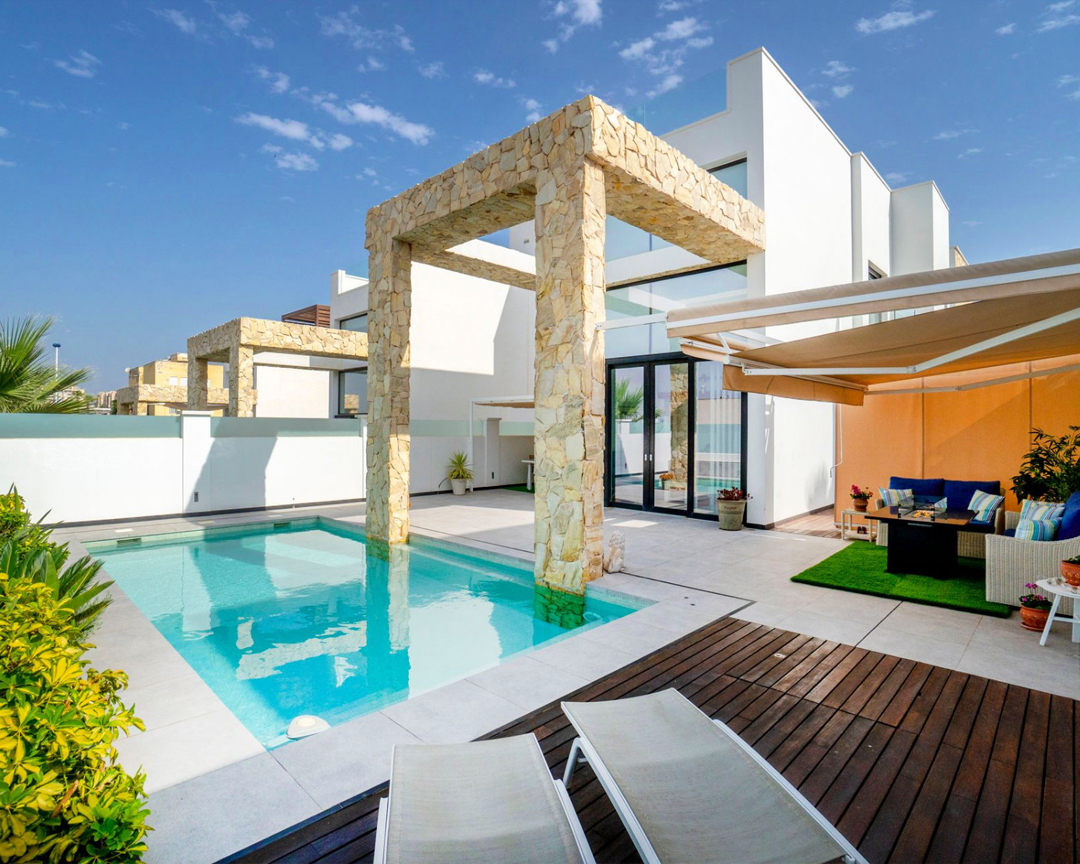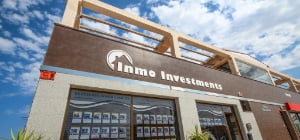Purchasing Costs
The costs of buying a home in Spain
In addition to the agreed sale price, the mandatory expenses derived from the purchase of a property must be considered. In general, an additional percentage of 13% can be estimated for the purchase of second-hand or resale homes without any additional financing.
Here we detail the expenses involved in the purchase of a property in Spain ...
ITP
The Tax on Patrimonial Transfers must be paid before 30 days from the date of the signing of the sale. Depending on the province, it varies up to 10% of the purchase value and affects the sale of second-hand homes.
IVA (VAT)
Is a Value Added Tax and affects all new homes. In the Canary Islands, this tax is the IGIC and in Ceuta and Melilla it is the IPSI.
IAJD
Tax on Documented Legal Acts is variable from 0,50% depending on the autonomous community.
Notary and Land Registry Fees
The fees of notaries and registrars are fixed by tariffs approved by the Spanish government and depend on the property and region.
Conveyancing and/or Legal Fees
Completion of procedures such as the registration in the Property Registry and the liquidation of taxes. Depending on each agency, the cost of the processing may vary so you can request a detailed summary of these in advance. All taxes are paid on the fixed sale price of the deed of sale.
Capital Gains Tax
A tax on the increase in the value of the land (the "capital gain"). This tax is accrued at the time of sale and as a general rule affects the seller of the home, not the buyer. However, it may vary depending on the community, the municipality, or whether or not the owner is a resident.

Mortgage Costs
In the case of financing the purchase of your home, some expenses may vary depending on the financial institution and the conditions of the mortgage loan. Here we detail the most common expenses ...
- Opening commission. A percentage of the amount of the loan, which is paid when opening the mortgage.
- Early cancellation commission: A percentage of the capital that is repaid early that will be paid only at the time of making the early repayment, in whole or in part. According to what was agreed with the financial institution and current regulations, it could be from 0,50 to 1%.
- Property valuation: For a determination of the current market value of the home you want to buy and the study of the conditions of the loan by the financial institution, you need to carry out a home appraisal that will be commissioned by the same bank or by an independent company. Its cost depends somewhat on the type of home and its characteristics and is usually between 200 € and 400 €.
- Formalisation: The mortgage loan must also be formalised in a Public Deed and registered in the Property Registry together with the formalisation of the sale in most cases.
- IAJD: The Tax on Documented Legal Acts is calculated on the amount that constitutes the amount of mortgage liability against third parties. This amount includes the amount requested, plus a percentage for interest, costs and expenses in the event of not complying with the loan instalments and the entity having to sell the mortgaged property to compensate itself. The mortgage liability figure on which the IAJD is calculated is usually around 150% of the amount of the loan.

Extraordinary and post-purchase expenses
Utility contracts
For resale properties, current contracts are usually transferred, so you only have to notify a change of ownership to be able to continue with the same contractual conditions of service.
However, sometimes a new contract must be carried requested, which is generally more expensive than a simple change of ownership.
Insurance
Some banks require the contracting of mainland fire insurance, which guarantees the value of the mortgaged asset during the life of the loan. This is recommended even without a mortgage, especially when dealing with holiday homes or rental properties.
It is also advisable to take out life insurance that covers the amounts pending amortisation so that if the buyers die, the heirs do not have charges against the property.
Property tax, known as IBI
A municipal rate that taxes the property annually and is based on the assigned cadastral value. Generally, the type of tax applied depends on the number of inhabitants of the municipality in which the home or property is located.
Community Fees
According to the Horizontal Property Law, the contribution of annual community fees is made based on the participation of each property. The cost depends on the number of neighbours and the services contracted by the community.








 Back
Back


